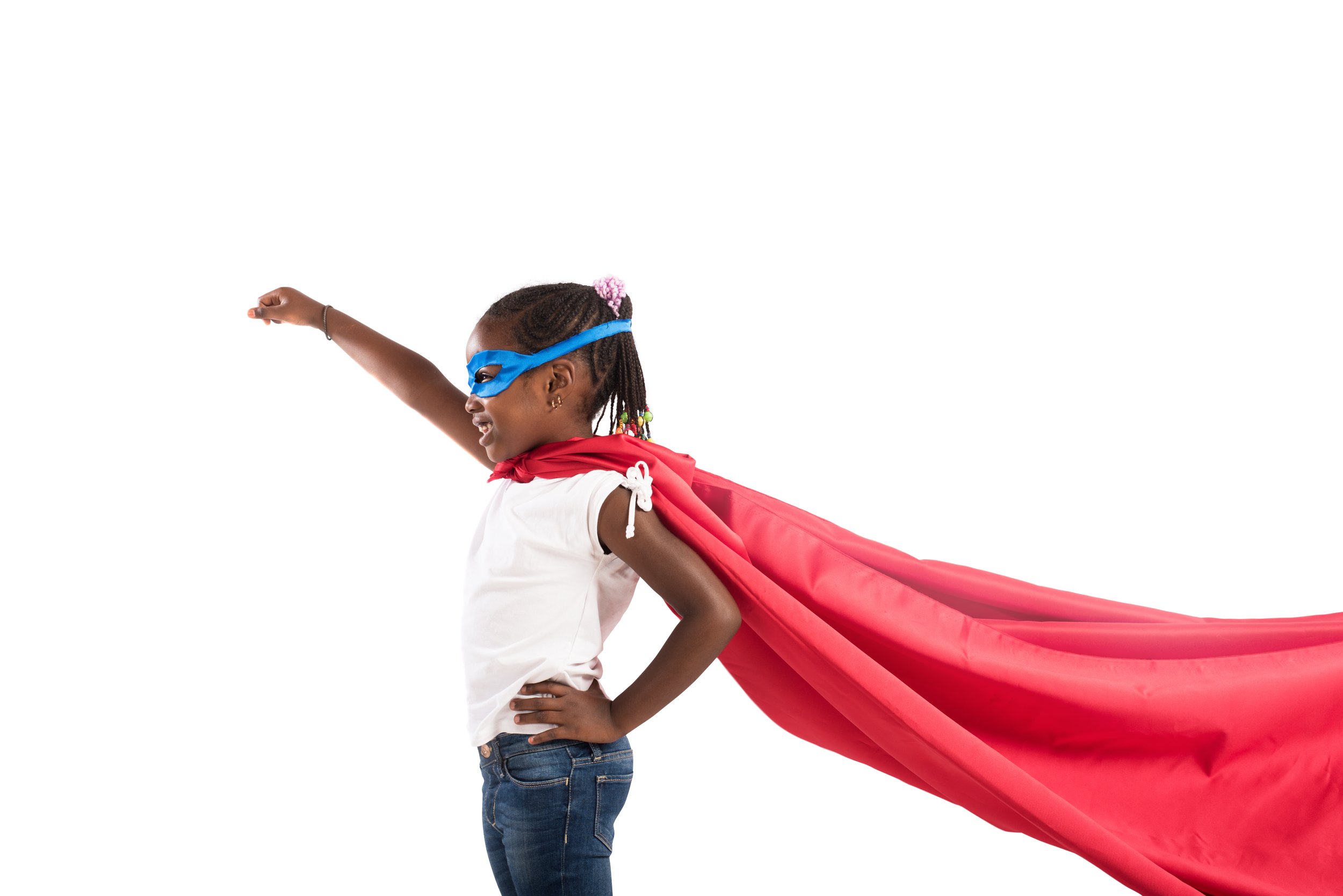I stumbled across this again recently. Photographer Josh Rossi and his wife, Roxanna, transforming kids with serious illnesses and disabilities into their favorite superheroes. There’s a lot to ooh and aah over, and it’s definitely a feel-good story. At the end of one interview, the Rossis talked about how happy it made the kids during difficult times.
But it’s more than that.
Kids who are sick, whether it’s chronic or acute, don’t have the luxury of childhood the way most people experience it. They become aware of their own mortality, and their identities- how they see themselves - will forever be impacted by their experiences as patients. Perhaps they don’t understand mortality in the fullness that adults eventually come to experience it, but they know that the world isn’t entirely safe.
Healthy kids, as they transition to adulthood in their late teens and early 20s, think they are invincible. Part of the growing up process is pushing boundaries in ways that takes them beyond what they have been told is safe – distracted driving, binge drinking, experimenting with drugs, risky sex. Pushing boundaries is a natural process as kids try to figure out who the adult version of them is going to be, separate from the kid version. This process is almost universally rooted in the idea that nothing too damaging is going to happen during this experimental phase. That once they sober up, wake up, walk away, they will be fine. Most of the time that is true.
But kids who have experienced serious illnesses know that’s it’s not always true, at least for them. They already know they are vulnerable. Even if they are lucky enough to make a full recovery, childhood illness leaves feelings of weakness and insecurity. Issues of risk and control become lifelong struggles.
This is where dressing sick kids as superheroes becomes more than just a happy photo that makes them smile. Most superheroes are well known for their special powers and invulnerability. They are the opposite of what these kids feel about themselves. I haven’t met many kids who aren’t obsessed with a superhero or two at some point in their childhoods, especially now that more women and people of different ethnicities and orientations are (just) starting to see reflections of themselves in these larger-than-life characters. The adventures you can have and the worlds you can save when you don’t have to worry about whether you will live allow the imagination to soar. When you dress a vulnerable kid in an invulnerable costume and take a picture, an indelible, unerasable image, it allows them to see themselves as something they didn’t think they could be.
Now, treating sick kids as superheroes, or even regular heroes, is a mistake. It can have lasting negative effects, and no one belongs on a pedestal. But allowing them to see themselves as something other than the identity that the illness has shaped is a completely different circumstance. Even when it is temporary. Even when they know it is pretend. That image, that feeling, will sit in young heads as a reminder that we don’t always have to be what our vulnerable bodies have made of us.
Certainly, that picture of themselves is worth more than a thousand words.

